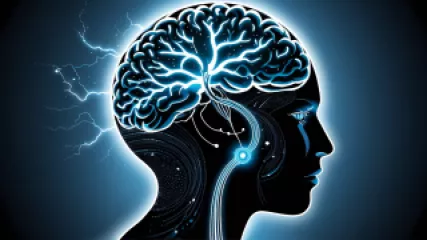Pratique de la gratitude
Learning Gratitude through Book and Movie Lessons
Introduction
Gratitude is a powerful practice that can enhance our overall well-being and bring positivity into our lives. It is a simple act of acknowledging and appreciating the good things we have, the people who support us, and the experiences that bring us joy. While gratitude is often cultivated through personal reflection and mindfulness exercises, we can also find valuable lessons in books and movies that help us deepen our understanding of gratitude and its impact on self-care. In this article, we will explore various books and movies that offer insightful lessons on gratitude and how we can apply them to our own lives.
1. "The Alchemist" by Paulo Coelho
"The Alchemist" is a captivating novel that takes readers on a transformative journey of self-discovery. The story follows Santiago, a young shepherd boy, as he embarks on a quest to find his Personal Legend. Along the way, he encounters various characters and experiences that teach him the importance of gratitude. One of the main lessons from the book is that gratitude opens doors to new opportunities. When Santiago expresses gratitude for the blessings in his life, he attracts positive energy and synchronicities that guide him towards his dreams. This reminds us to appreciate what we already have while remaining open to the possibilities that lie ahead.
2. "The Pursuit of Happyness" (2006)
Based on a true story, "The Pursuit of Happyness" is an inspiring movie that highlights the power of gratitude amidst challenging circumstances. The film depicts the life of Chris Gardner, a struggling salesman who becomes homeless while trying to provide for his young son. Despite facing numerous hardships, Gardner remains grateful for his son's love and support. His unwavering gratitude fuels his determination to create a better life for both of them. This teaches us that even in the darkest moments, expressing gratitude can fuel resilience and motivate us to keep moving forward.
3. "The Secret Life of Walter Mitty" (2013)
"The Secret Life of Walter Mitty" is a whimsical film that encourages us to embrace gratitude by fully living in the present moment. The story revolves around Walter Mitty, a daydreamer who embarks on an adventure to find a missing photograph. Throughout his journey, Walter encounters breathtaking landscapes and extraordinary experiences that awaken his sense of wonder and gratitude. This movie reminds us to appreciate the beauty and magic that surrounds us every day, encouraging us to cultivate gratitude for the simple joys in life.
4. "Eat Pray Love" by Elizabeth Gilbert
In her memoir "Eat Pray Love," Elizabeth Gilbert shares her transformative journey of self-discovery as she travels through Italy, India, and Indonesia. The book explores themes of gratitude, spirituality, and personal growth. Through her experiences, Gilbert learns to embrace gratitude as a daily practice. She discovers that expressing gratitude allows her to fully immerse herself in the present moment and find joy in the simplest pleasures. This serves as a reminder for us to cultivate gratitude as a way to enhance our own self-care practices and find fulfillment in everyday life.
5. "A Man Called Ove" by Fredrik Backman
"A Man Called Ove" is a heartwarming novel that tells the story of Ove, a grumpy and isolated man who finds unexpected connections and appreciation through acts of kindness. Despite his initial reluctance, Ove gradually learns to express gratitude for the people who enter his life and the impact they have on him. This book reminds us that expressing gratitude not only benefits ourselves but also strengthens our relationships and fosters a sense of belonging and community.
Conclusion
Learning about gratitude through books and movies allows us to explore different perspectives and gain insights into the practice. Whether it's through the pages of a novel or the scenes of a film, these stories have the power to touch our hearts and inspire us to cultivate gratitude in our own lives. By taking the lessons we learn from these narratives and applying them to our daily routines, gratitude becomes a fundamental part of our self-care practice. So, the next time you pick up a book or watch a movie, keep an open heart and mind, and let the lessons on gratitude guide you towards a more fulfilling and appreciative life.















